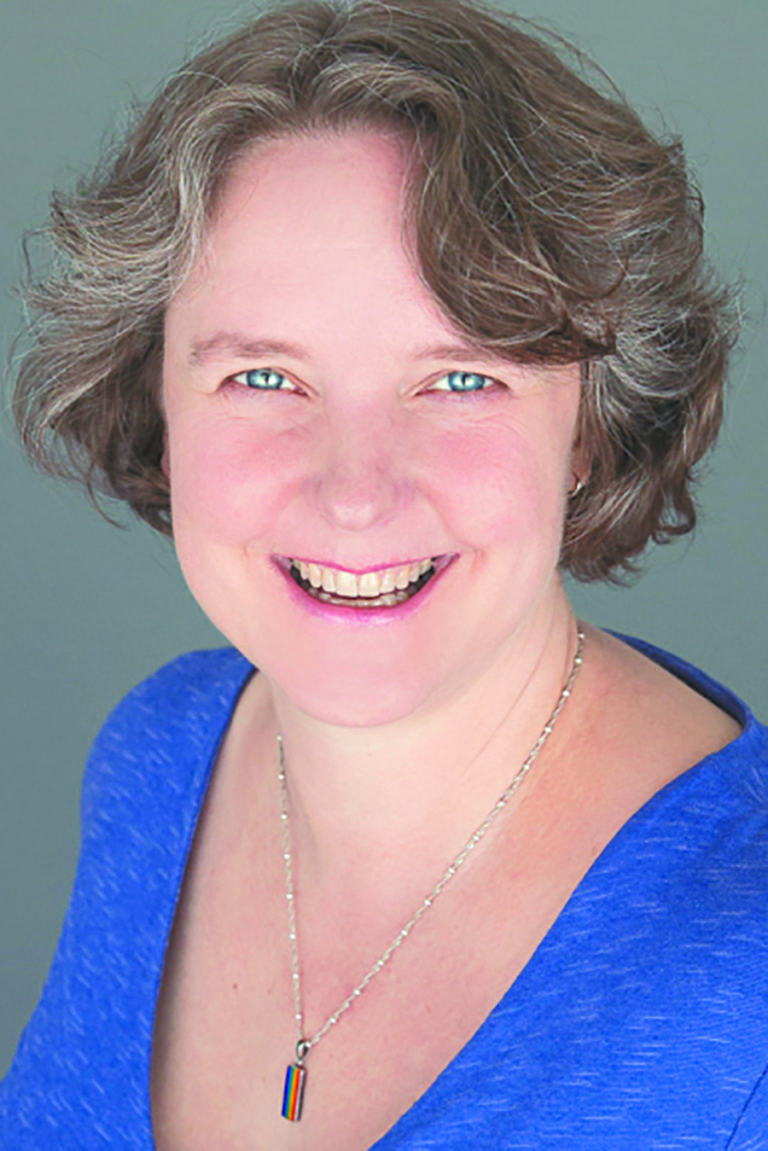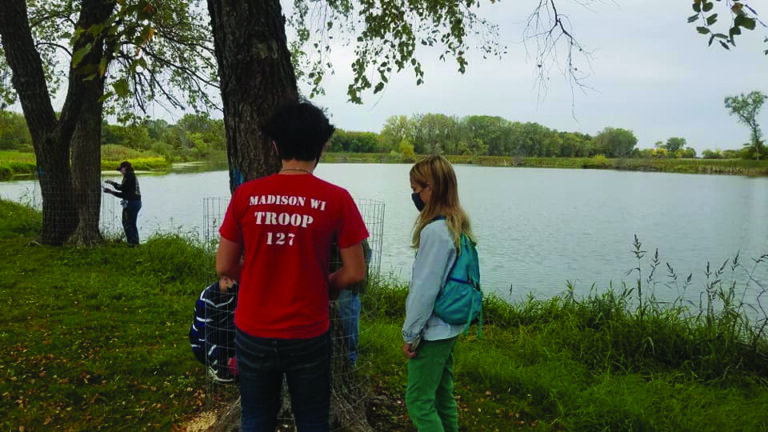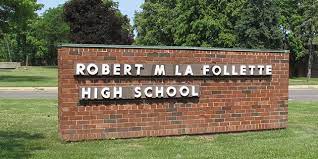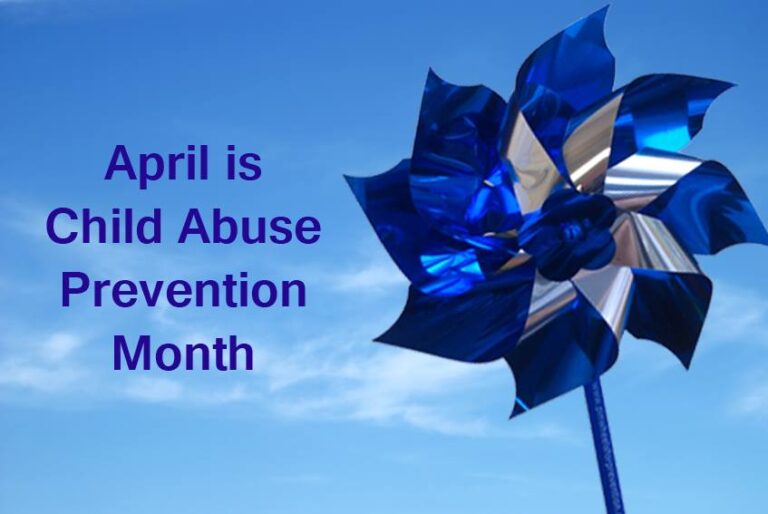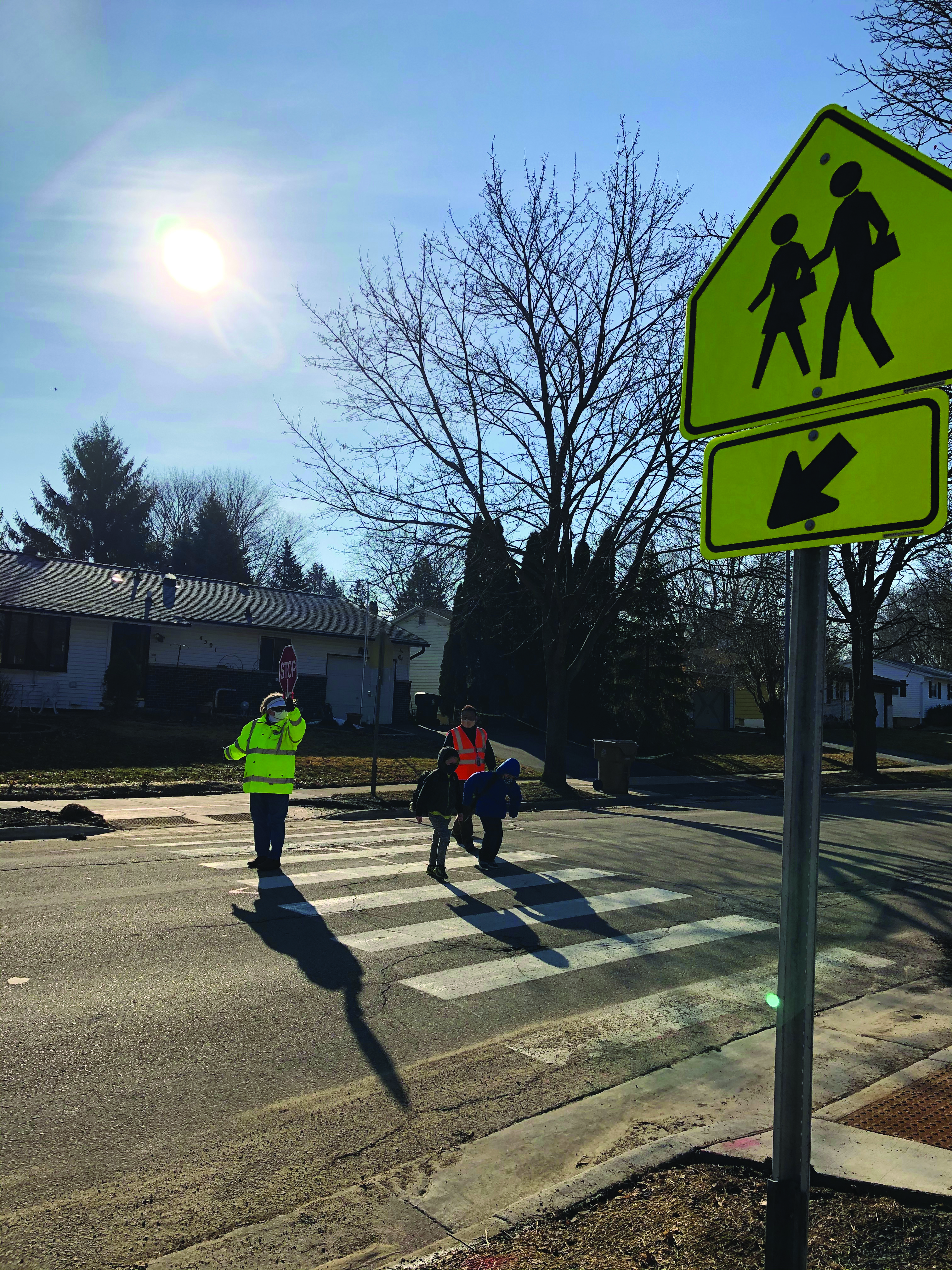Progress is underway on the creation of alternative emergency responders
I am happy to share that Madison is innovating with a new model of crisis intervention and service delivery that better meets the needs of residents.
Madison police receive many calls related to mental or behavioral health emergencies ‒ about 7,000 a year. We know an armed officer is not always the best response to every emergency call. Only a small portion of these calls involve a person who is a danger to themselves or others. This leaves a lot of room for an alternative response team.
That is why Madison is working to develop two-person teams consisting of a paramedic and a crisis worker, both with clinical experience. Since funding for a pilot program was included in our 2021 budget, city staff, led by the fire department, have been working hard to make it happen.
City staff have partnered with Dane County staff and the designated crisis responders at Journey Mental Health to work out the details of how our crisis response teams would be hired, trained, supervised and dispatched.
Looking at data from the previous two years, we learned that:
- behavioral health calls can take responders, on average, three times as long as a regular call for service,
- most calls come in between 11 am and 8 pm,
- Most calls come into our Central District or the downtown area.
We are bringing local leaders in racial equity, mental health and community alternatives to policing as sounding boards and counsel as this unique and innovative effort
is designed.
We are in the early stages of a long and reflective process of re-imagining public safety and the way Madison responds to calls for behavioral health needs. Your support, insight and ideas will be vital to our success. You can reach me at Mayor@cityofmadison.com with your thoughts about this initiative.
